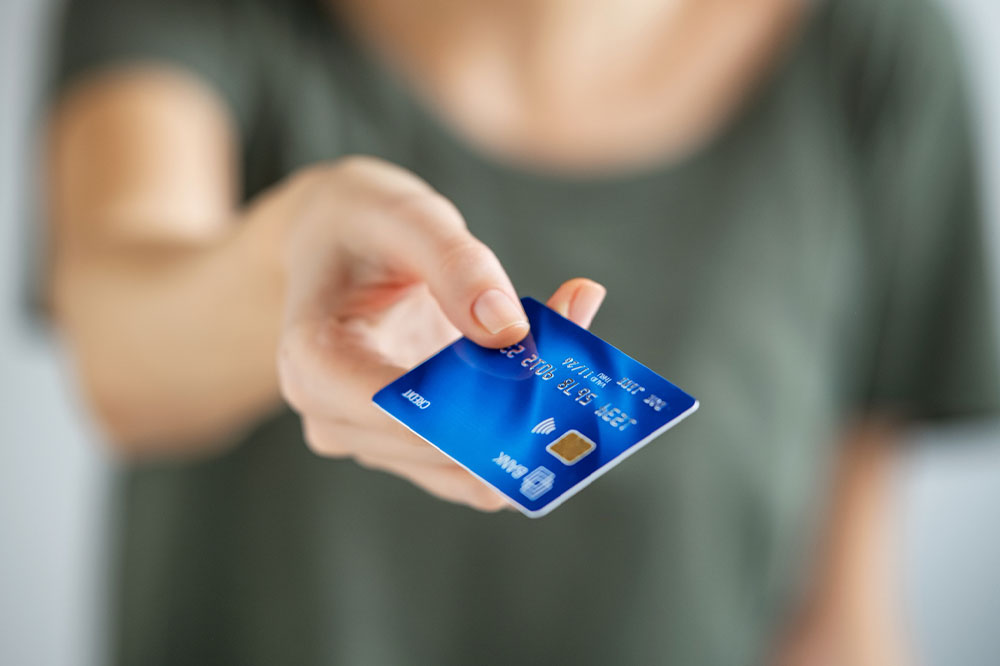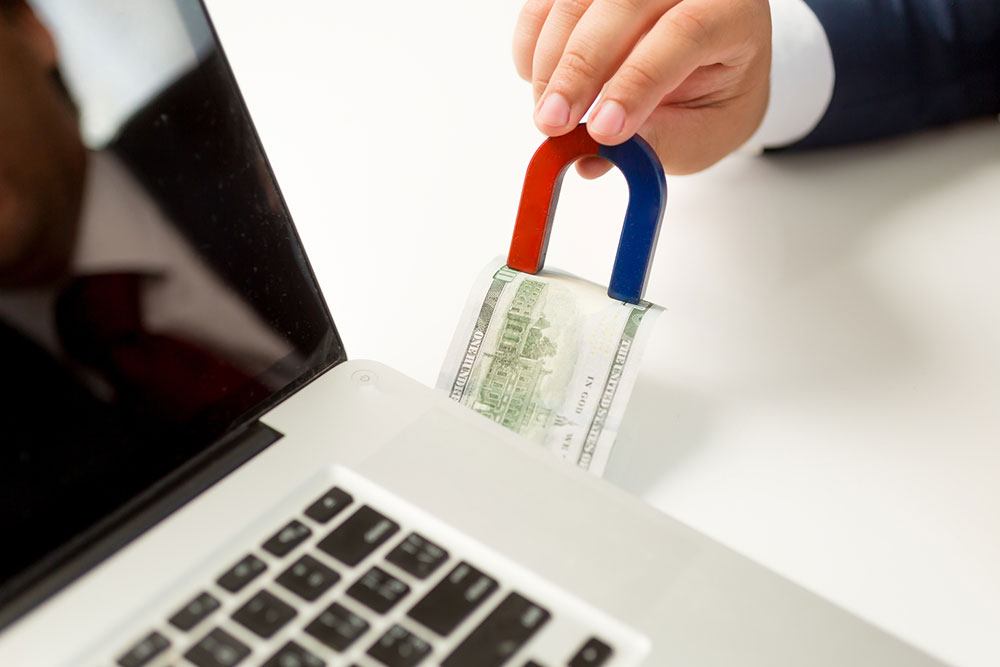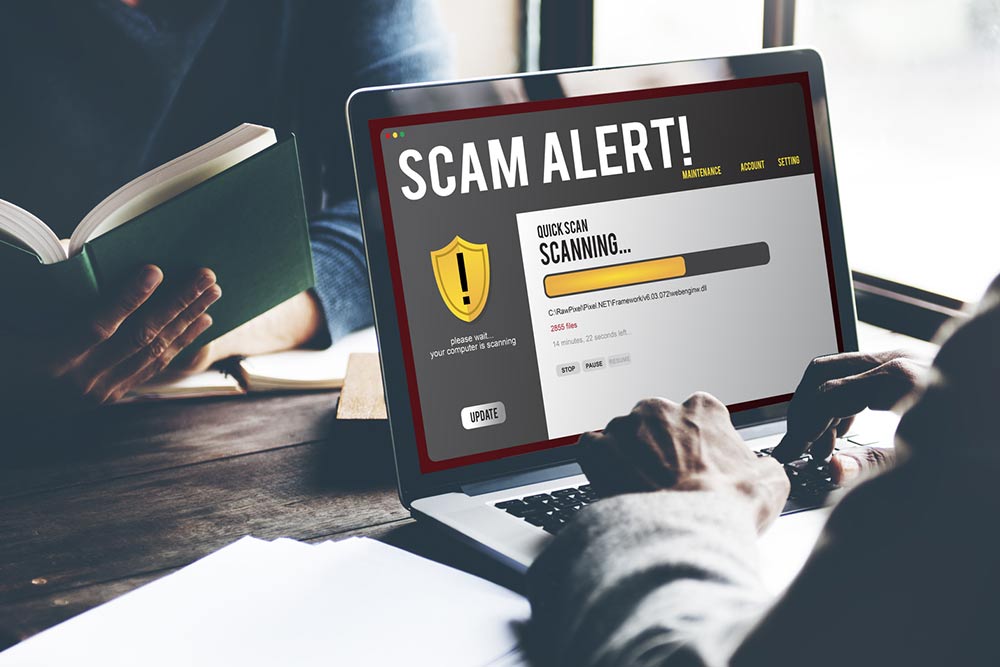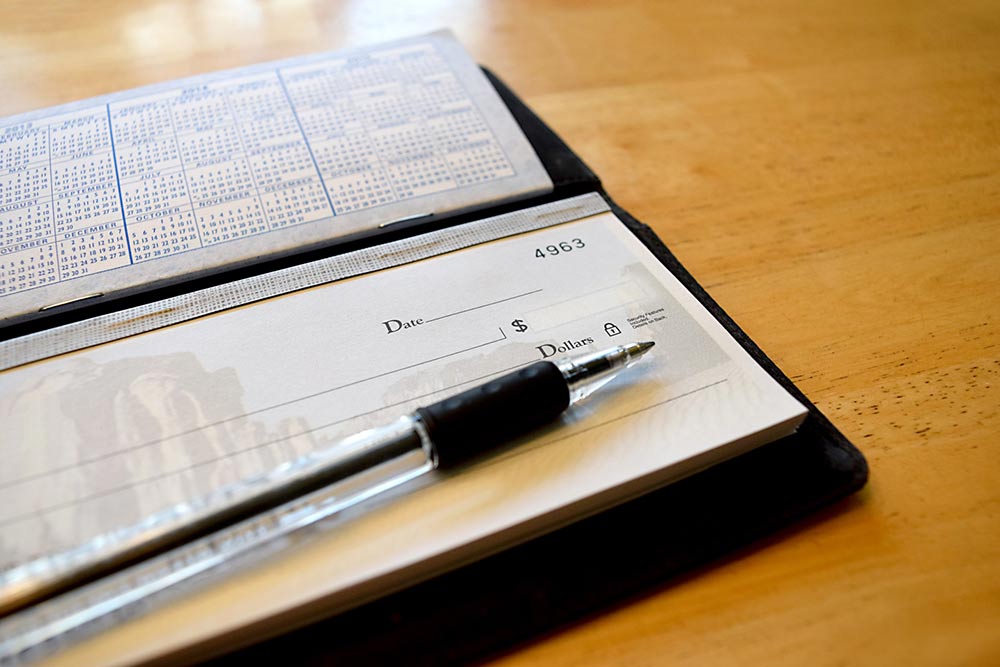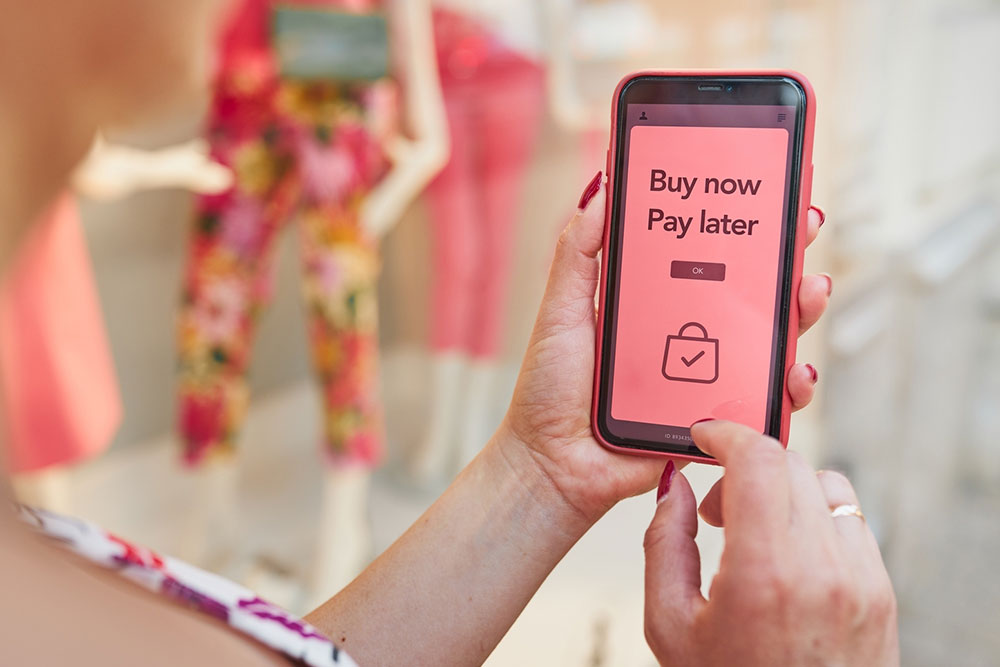8 credit card habits to avoid
Credit cards are easy to use and super convenient when used properly. But, these cards can also be devastating to your financial health and can have a negative impact on your credit score if you use them wrong. Poor or irresponsible credit card usage can lead to debt, which can affect your long-term financial stability. Read on to learn about which credit card habit of yours might be doing more harm than good. Not paying your credit bill in full One of the most common credit card habits that will hurt you, in the long run, is not paying your credit card bills in full. Paying only the minimum due or only part of your bill does not really allow you to make any progress on paying off your balance. In fact, in such cases, you are more likely to end up paying more interest. Plus, you are also damaging your credit score and raising your credit utilization. It is a good practice to only spend how much you need and pay off all of it at once. Not checking your statement often Not checking your credit card statement can also lead to trouble. There could be a chance that you forgot about some expenses.
Read More 